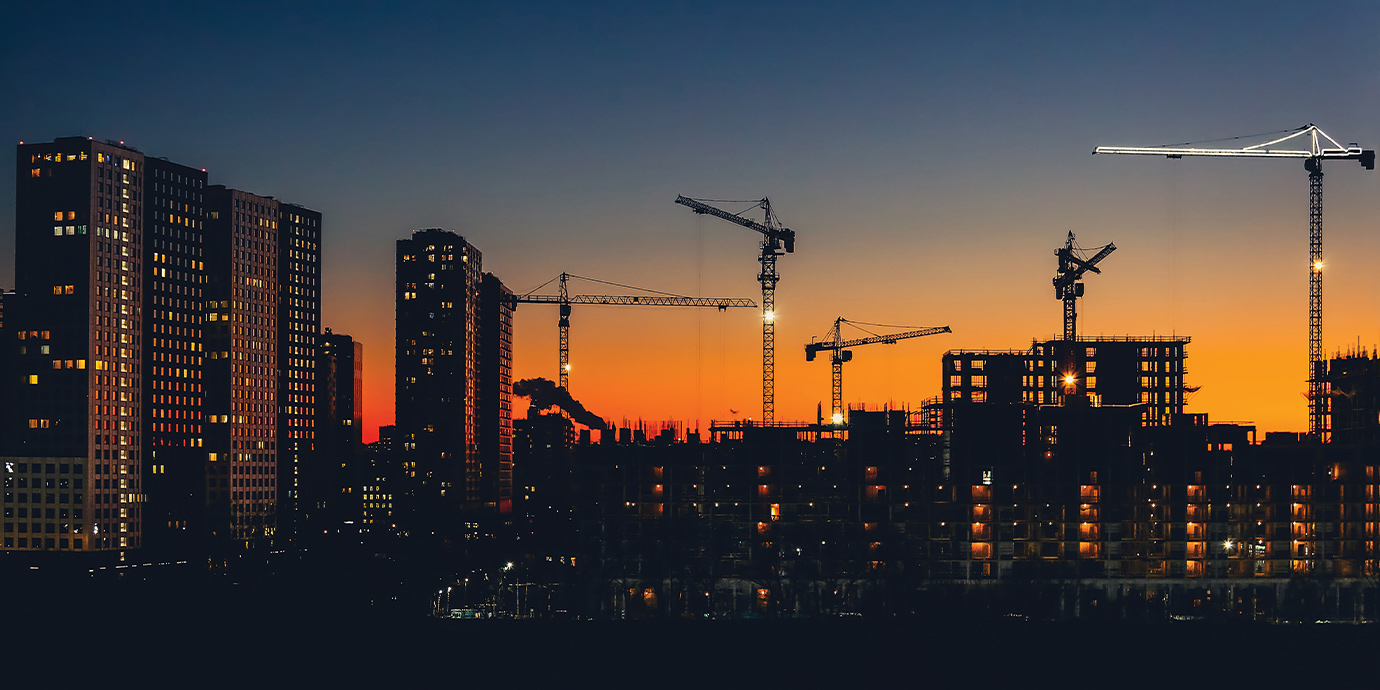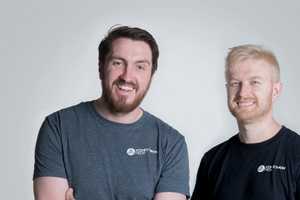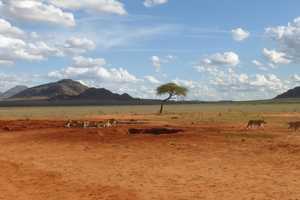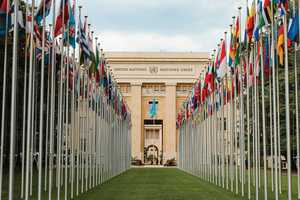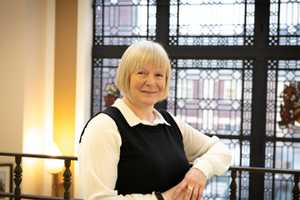Asiha – pronounced “Aisha,” due to her father’s misspelling when she was a baby – Khan, is like the spelling of her name: exceptional.
As a young, female Muslim of shorter stature, Asiha is far from the stereotypical British engineer, but her rapid career rise says it all. From graduate engineer in 2018 to becoming a design coordinator in 2022, Asiha has been making waves in the civil engineering industry.
Ever since university, she has been contributing to the largest infrastructure project in Europe: High Speed 2 (HS2), a high-speed railway which has been under construction in England since 2019, and will connect southern Staffordshire to London, with a branch to Birmingham.
Born, raised, and still living in Luton, England, Asiha didn’t always want to be an engineer, but from a young age it was clear she had the potential.
Asiha says:
Growing up, I enjoyed building blocks and fixing things together. I liked the idea of putting things together and creating things.
“When I was 9 or 10, my dad had this vision that he wanted a professional-sized snooker table in the back garden. When the shed was completed and the builder had left, though, we realised they didn’t do a good job with the roofing. We had to take it down, as a family, and then built it up again. We did the foundations ourselves, as well.”
While Asiha originally wanted to be a children’s nurse, and actually attended an interview for the subject, she didn’t gain a place on the course due to her lack of experience working with children – a development that came to shape her future. Having grown up interested in creating new things, Asiha’s next choice was to study civil engineering.
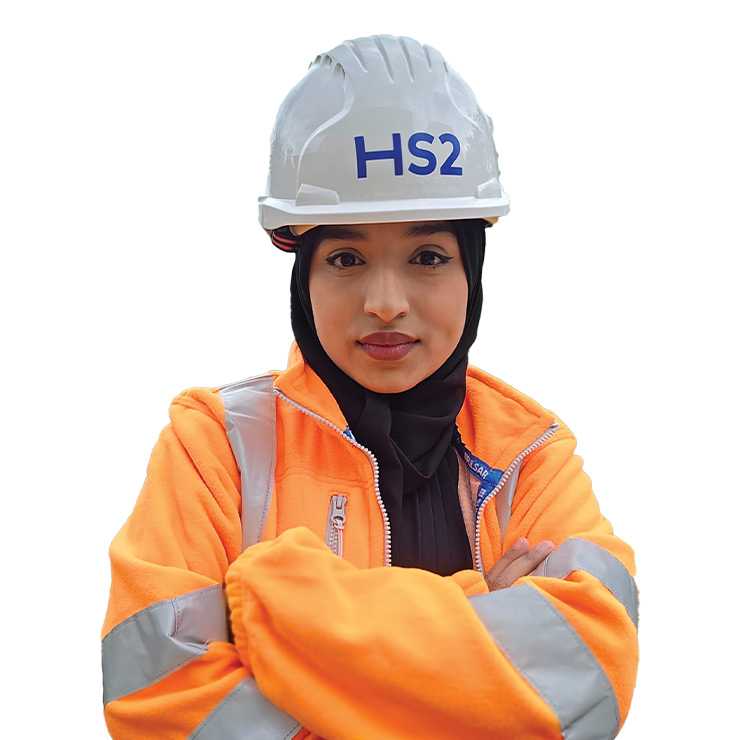
The University of Wolverhampton became Asiha’s educational home for the next three years.
She continued: “I remember walking in, on the first day of uni, and there were like 80 guys and maybe just one woman sitting on the second row. I didn’t know if I had taken the right course because of how heavily male-dominated it was. It was quite intimidating.
“Then we started group work and that pushed me out of my comfort zone. It made me a lot more confident in speaking to people and making friends.”
Asiha soon found that she excelled in the course, so when her fellow students began asking for her help, she recognised that it wasn’t a case of the course not being right for her, but that she hadn’t yet found where she fitted in.
Her first job interview took place while she was still at university, and was with the Kier Group, a company at the heart of the HS2 high-speed travel project.
Once again, Asiha found herself surrounded by men, but during the interview’s leadership challenge, she took the initiative and led the group she was placed in. After a supremely confident conversation with the company directors, during which she admitted she hadn’t prepared a presentation but would answer any of their questions, Asiha was offered her first civil engineering role.
Asiha said: “I worked with them as a graduate civil engineer for two years, doing placements every six months. For the first six months, I was placed on site down in Camden doing a water main diversion. I was site engineer for that, and I would say I picked up the job fairly quickly and had good rapport with the teams.
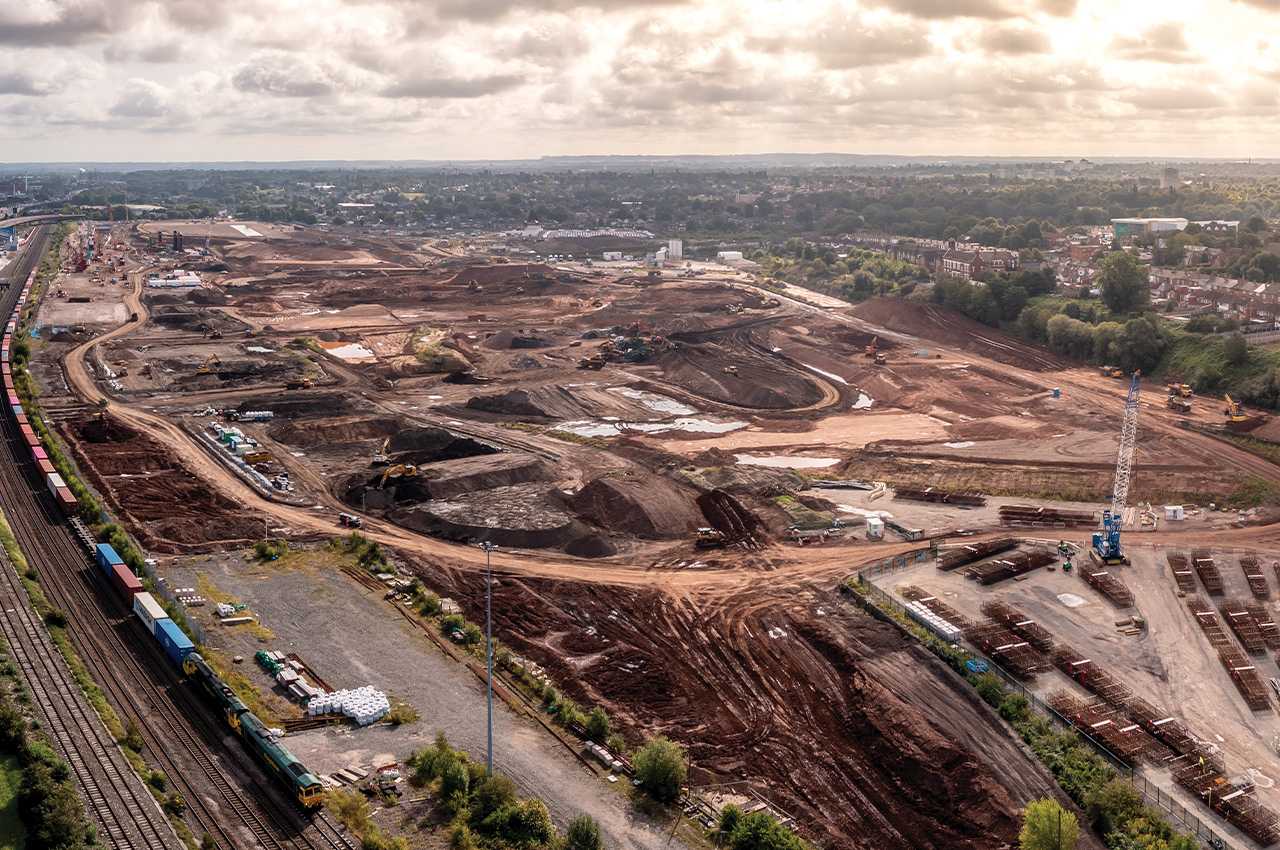
“Then I went on to work in business development bids and tendering with more of the business department, like the CEOs and directors.”
After her successful first role, Asiha found herself impacted by the Covid-19 pandemic and was made redundant. As soon as the dust of the pandemic settled, though, Asiha was straight back to offering her skills to the HS2 project.
After two further roles that contributed to different areas of the project, Asiha now works as a design coordinator for the joint venture civil engineering company EKFP.
She said: “My job involves heavily coordinating designs, as the HS2 has to go through a lot of rural areas. We have a lot of farmers affected by the tracks, which go through their land, so I deal with them mostly. I put together a scope of work for them, divert their utilities, make sure they have water supplies on both sides of the tracks, consider gates, fencing – all that.
“I have to cover about 25 kilometres of a sector. It’s a big aspect of the work.”
While the project doesn’t yet have a completion date, the aspects involving soil excavation will hopefully be completed by 2028 – likely giving Asiha a new focus to her work.
Having studied a male-dominated degree and now working in a male-dominated industry, Asiha has encountered her fair share of obstacles and challenges.
She said:
Working on site can be daunting for both men and women, but as a Muslim Asian woman, I’ve kind of got a double whammy for the industry. You don’t see many South Asian women working in construction at all.
“I think that some people I’ve met haven’t known how to speak to me. I don’t think it was that they were racists or anything like that – I just think some of them were trying to be careful. But sometimes that can form barriers in a working relationship.”
Over time, Asiha has seen more women working in construction, has made friends with more female engineers, and has seen positive changes taking place in the industry. As a stark example, when Asiha began in construction in 2018, there weren’t even work jackets available on site that were close to the right size for her, and Asiha says that most of them “came down to my knees.” In her current role, Asiha is pleased to report that there have been considerations made for more petite engineers.
Asiha thinks that there is more work to be done in schools and colleges to increase the number of women in the engineering workforce but would like more companies to break through the barriers that are keeping more women from working the field.
She added: “The industry in the UK is trying hard to take on more women. There are a lot more initiatives, and a lot more acceptance too.
“It’s not just a ‘man’s world’ anymore, you know?”
